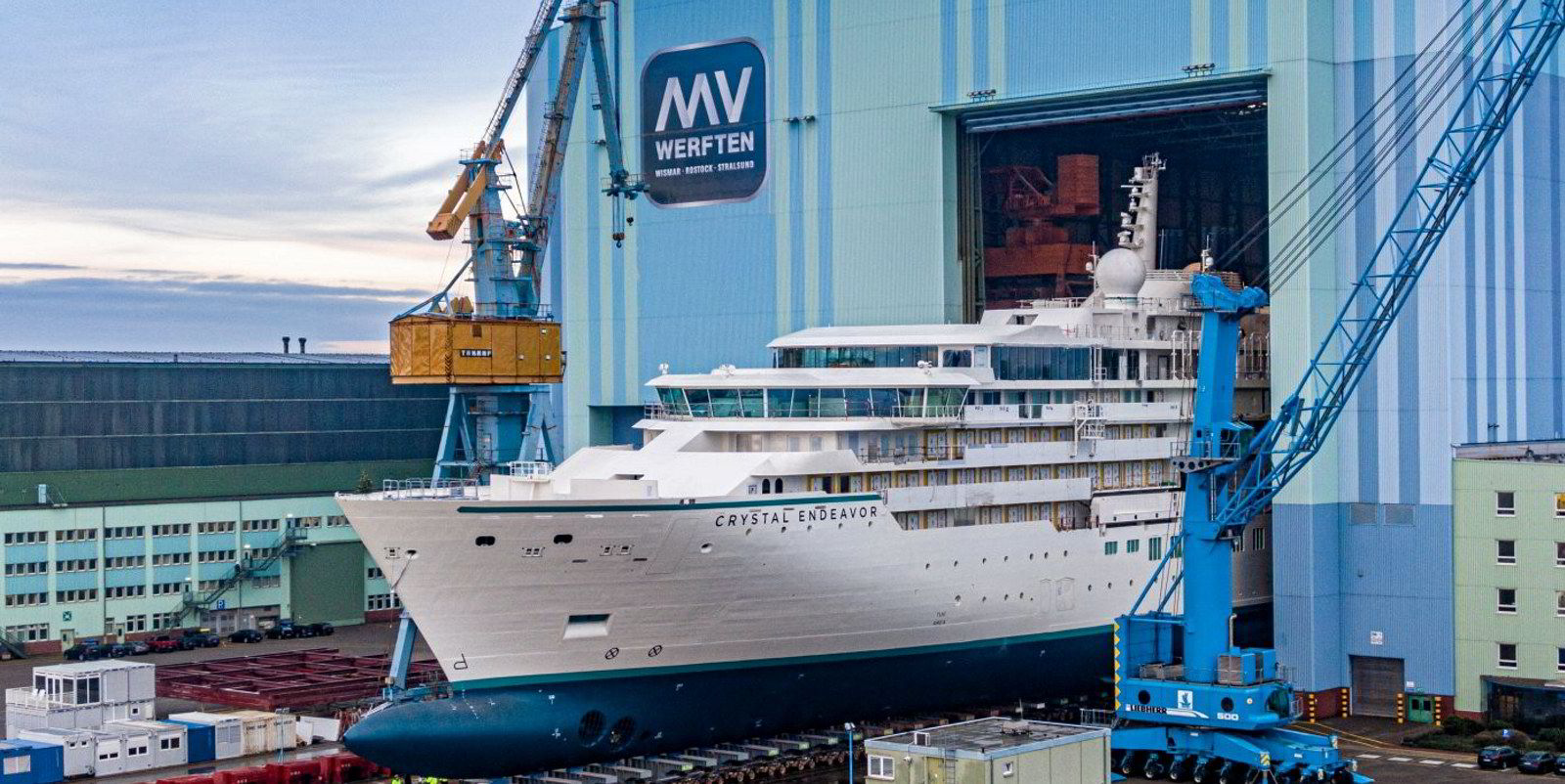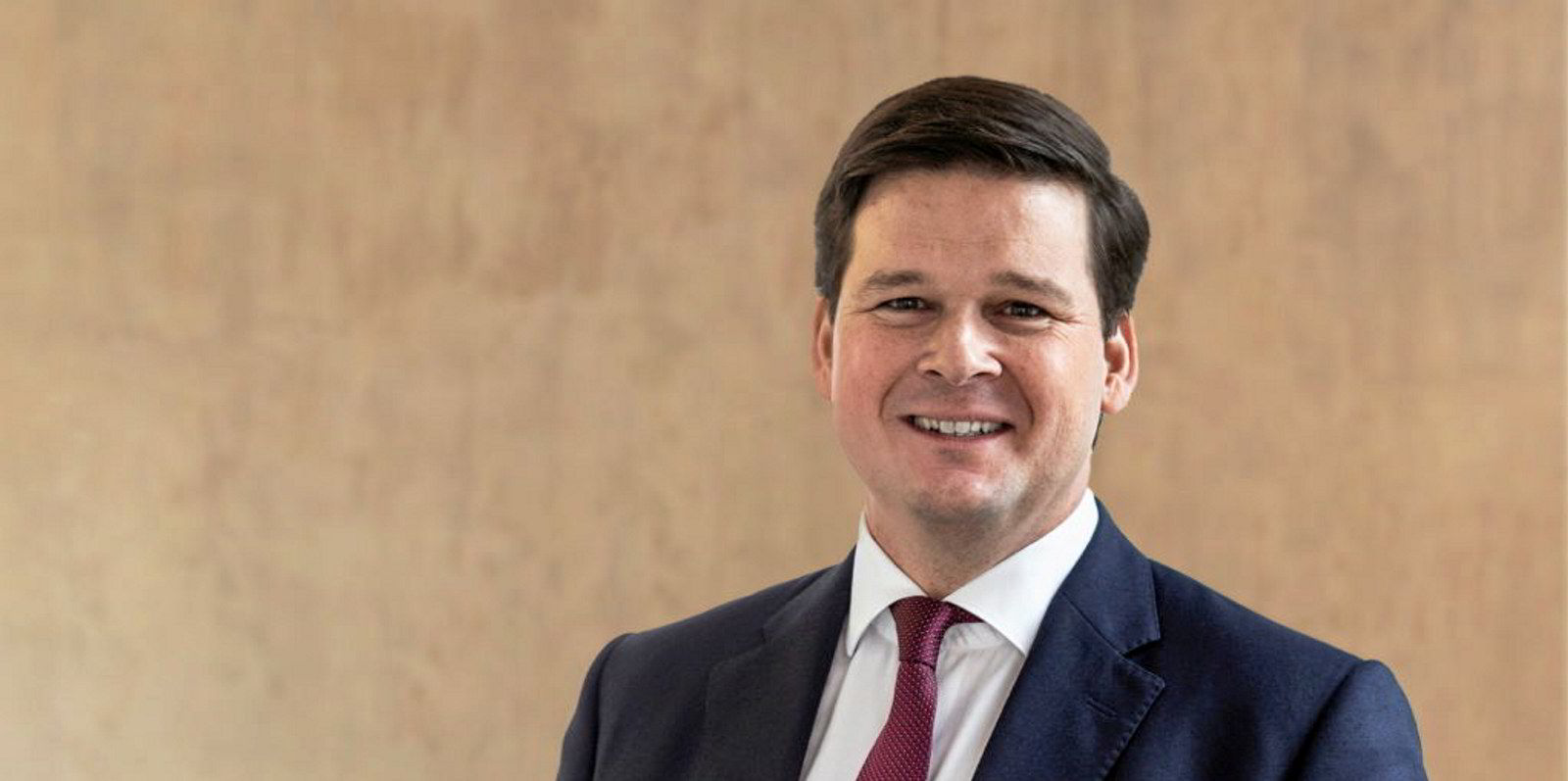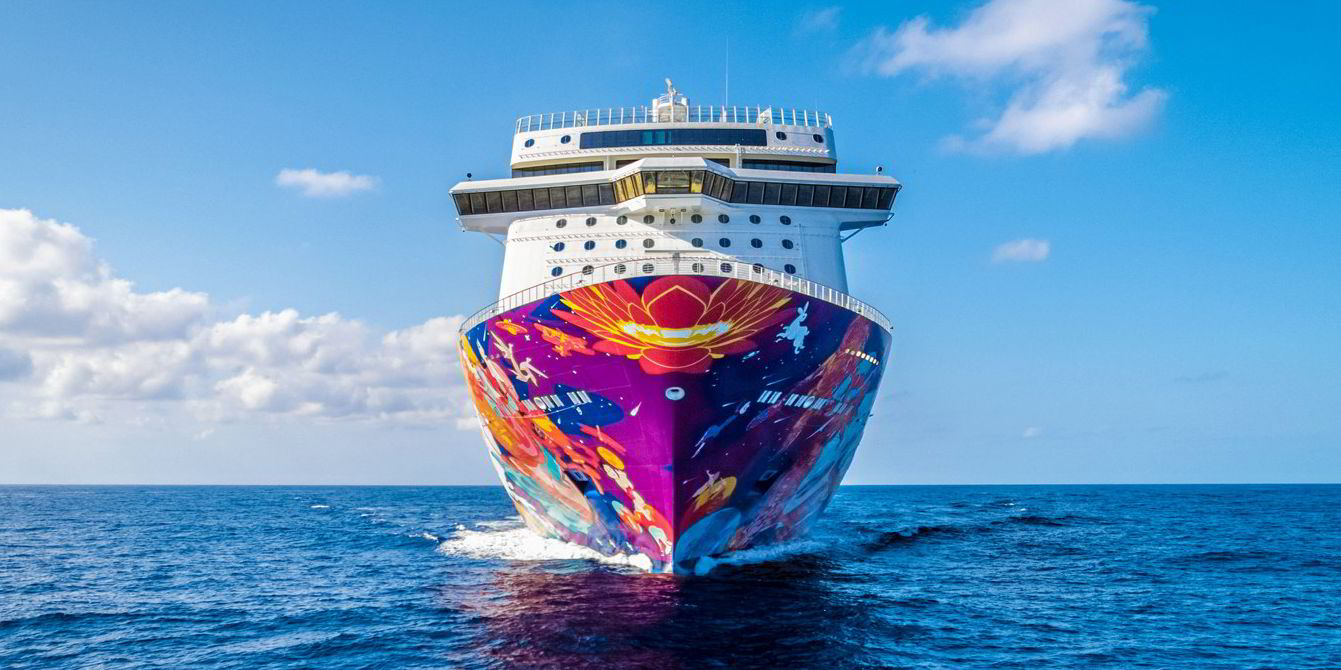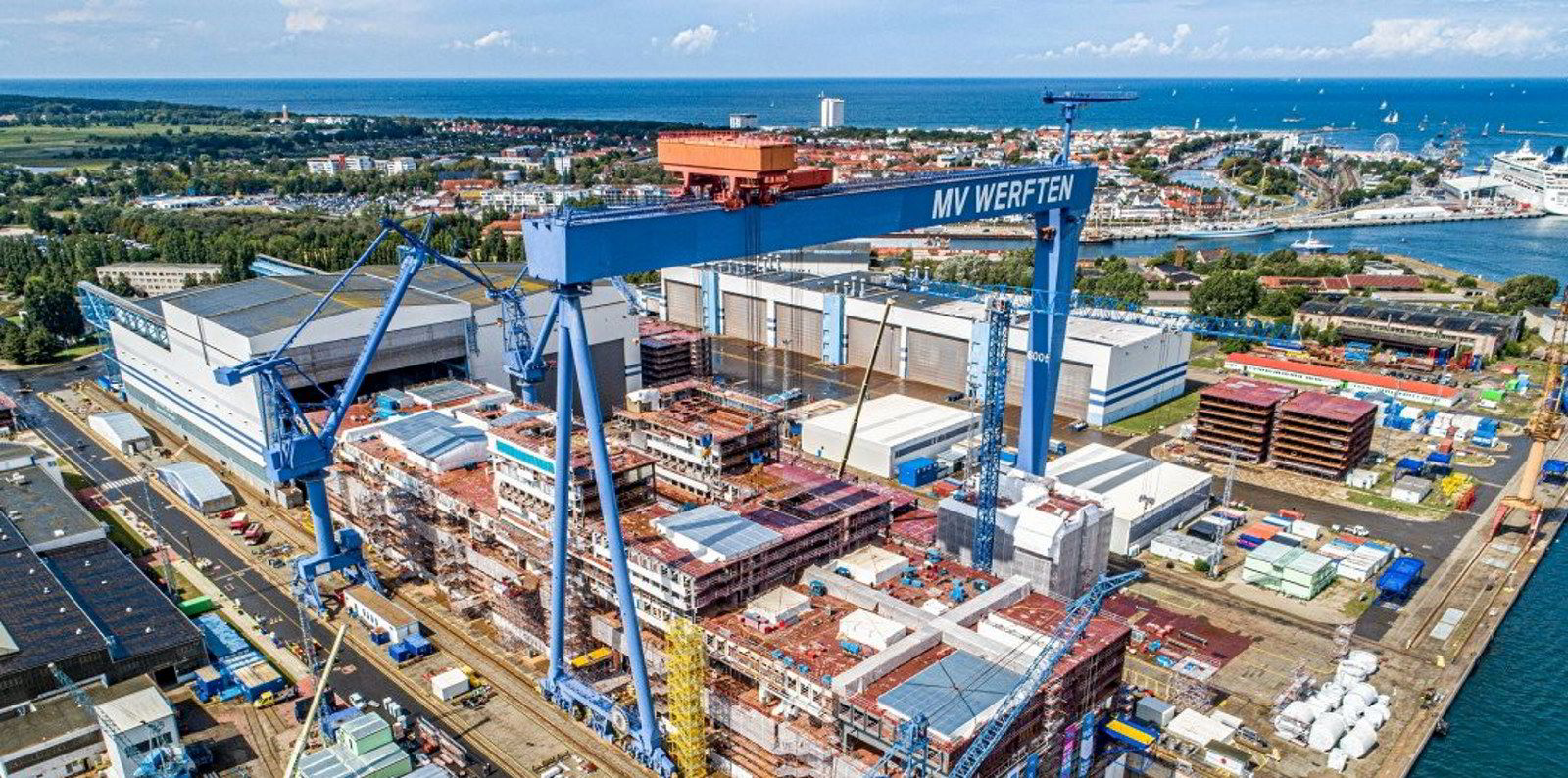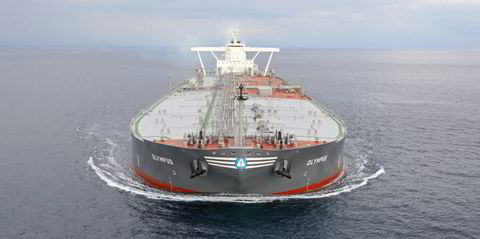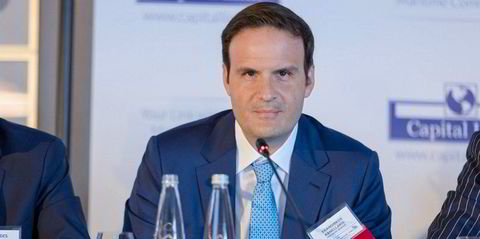The catalyst for Genting Hong Kong’s liquidation filing last month was MV Werften, a German shipyard that the cruise giant bought together with Lloyd Werft in 2015.
MV Werften was building the 201,000-gt Global Dream, the first of two giant cruise ships for Genting’s Dream Cruises brand, when the pandemic hit.
Lengthy lockdowns halted work at its shipyards, causing delays in the delivery of the 20,500-gt polar expedition cruise ship Crystal Endeavor, while construction of the Global Dream fell well behind schedule.
Germany’s Economic Stabilisation Fund, set up to help domestic companies during the pandemic, gave MV Werften a €193m ($228m) bridging loan in late 2020.
As part of a restructuring hashed out last June, the German government agreed to provide a $620m credit line to help MV Werften continue building the Global Dream.
Genting claims the new government that took office in December 2021 denied it access to that credit line facility.
Germany’s export credit insurance agency Euler Hermes refused to confirm the insurance coverage required under the facilities. Consequently, this led to the refusal of participating banks to release €108m for a milestone payment that was due, the company said.
Genting said that Hermes’ refusal was based on a business review of its five-year outlook prepared at the request of the insurer, which considered various stress scenarios affecting its cruise operations, including a persistent and sustained reduction in business activities as a result of Covid-19.
A letter seen by Bloomberg that was sent to Genting’s bankers from Lim Kok Thay, the company’s majority shareholder who was chairman and chief executive until resigning in January, and Colin Au, the group president who resigned at the same time, described the alternative arrangement proposed by the authorities — which included a personal guarantee from Lim — as “unreasonable”.
The two former executives claimed that the new German government would not allow Genting to access crucial cash deposits even after Lim injected $30m as a prerequisite.
“We were put in this position as a direct result of counterparties not honouring their contractual commitments that many of you negotiated tirelessly to achieve as part of the June 2021 restructuring,” Lim and Au told Genting’s bankers.
In response, government officials claimed they did everything in their power to save MV Werften, and blamed Genting for refusing to provide an additional €60m plus guarantees for the federal funds.
“In order to meet its responsibility for the shipyard, the parent company Genting HK should have made an appropriate financial contribution to close the short-term liquidity gap and to secure the financing,” the economy ministry said in a statement to Bloomberg.
Faced with the unlikely prospect of additional funding, MV Werften filed for insolvency on 11 January, as required under German law.
This triggered a default under an existing facility agreement, which in turn triggered a cross-default under other financing arrangements made by Genting amounting to $2.78bn.
Faced with the possibility of lenders demanding early repayment, with its cash reserves exhausted and with no prospects of further funding, the company had no choice but to call in the liquidators.
